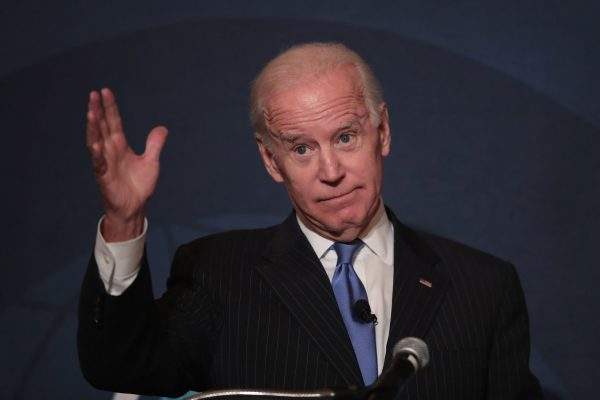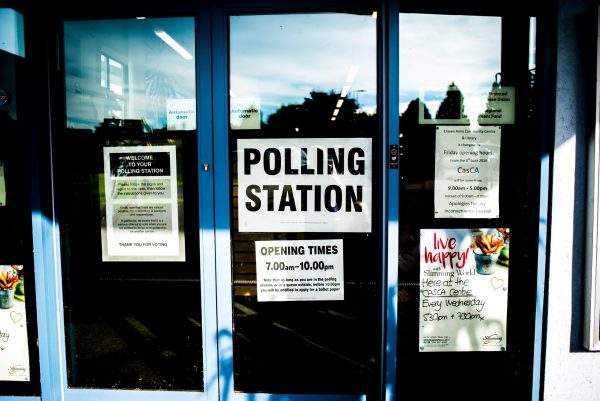As it shuts down normal life in much of the U.S., the coronavirus pandemic is likely to have dire consequences for some cannabis companies, Alan Brochstein writes at New Cannabis Ventures:
- Brochstein: "Deeply-discounted equity offerings from [MSO] Harvest and [Canadian MED company] Tilray are likely a harbinger of more stock sales ahead as companies with inadequate capital struggle for survival...We think the most important thing now is to understand that many companies aren’t likely to survive without substantial dilution to existing shareholders."
- More Brochstein: "Unfortunately, COVID-19, the second black swan event in six months [after the vaping crisis], could prove to be more fatal to cannabis companies than the vaping crisis. Quite simply, capital has become more scarce overall."
- NCV's Global Cannabis Stock Index fell 25% in January and February, and is now down almost 50% on the year.
- Attorney David Feder posted on what it could mean for business contracts.
Chicago store MOCA Modern Cannabis suspended REC sales to focus on serving MED patients, who may have compromised immune systems.
Chicago Tribune
- "Dispensaries are upping their cleaning routines, offering gloves for employees and encouraging patients to use online ordering," the story says.
- MJBiz looks at businesses taking similar steps nationwide, and how the disease has "exposed fragility" in the vape hardware supply chain from China.
- Also in MJBiz, U.S. companies are looking to source their packaging closer to home.
The disease is also devastating cannabis events businesses, both consumer and business focused. Leafly compiled a list of cancelled and postponed events. Short version: Nothing is happening through 4/20.
- 420-friendly mainstream events like SXSW and Coachella are also off.
- Colorado's cannabis tourism sector is struggling.
Westword - The virus endangers The Stranger (Seattle) and The Portland Mercury, two cannabis friendly alt-weeklies.
However, for predictable reasons, the crisis seems to be increasing demand for cannabis.
- The Hollywood Reporter: "People are in scarcity mode. The streets are emptier, but specific businesses like grocery stores and dispensaries are seeing more people than usual — and people are stocking up and purchasing in bulk," says Steve Lilak, the head of sales for California cannabis company NUG. "I've seen regular customers buying three or four of what they normally buy just one of in L.A. dispensaries." He adds that one Hollywood shop he spoke with saw 1,000 customers on Wednesday when they usually see that amount on a Saturday.
- In addition to food, hoarders are stockpiling liquor, weed and guns. Rumor has it that 120 proof liquor kills germs.
L.A. Times



















